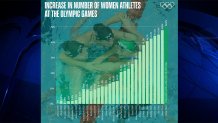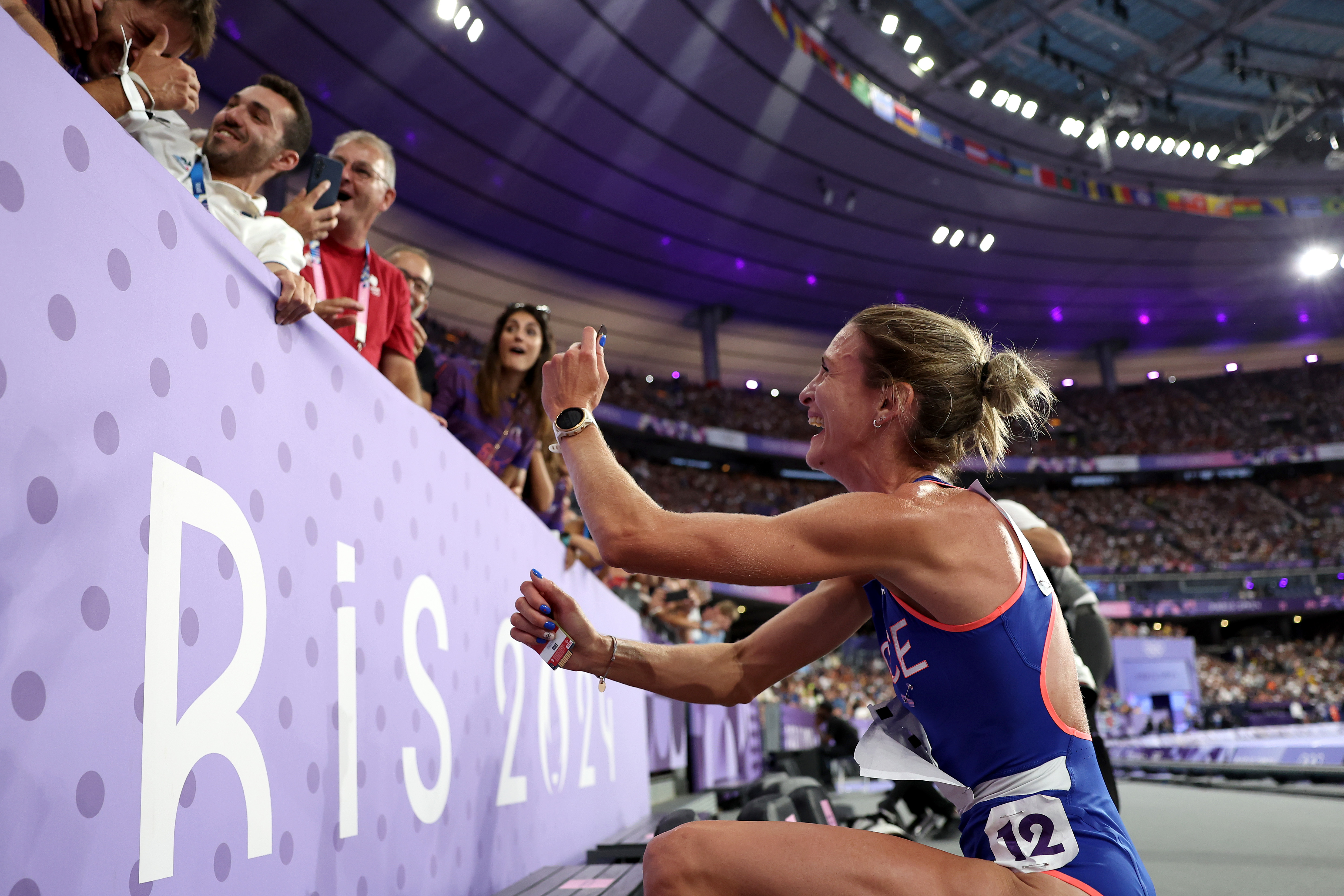Half of this year’s Olympians are women for the first time in the history of the Games.
This year's Olympics are the first in history to reach full gender parity.
Of the 10,500 athletes competing in the 2024 Paris Olympics, 50% are men and 50% are women.
WATCH ANYTIME FOR FREE
Stream NBC10 Boston news for free, 24/7, wherever you are. |
"That's a tremendous accomplishment for all involved. It's a tremendous milestone," said Shira Springer of the MIT Sloan School of Management. "But you also have to be cognizant of how far women have come and how far they still have to go."
Springer covered five Olympics as a sports reporter for the Boston Globe and NPR.
Get updates on what's happening in Boston to your inbox. Sign up for our News Headlines newsletter.
"Just the percentages being equal is not the whole picture," she said.

In 1896, when the modern Olympics started, no women competed. It wasn't until four years later that 22 female athletes got to participate in the 1900 Paris Games. That number continued to increase slowly, until something important happened in 1972.
"There's a little bit of a sharp increase in participation in the Olympics post-Title IX," Springer said.
More on the Paris Olympics
Now that gender parity has been reached, the focus turns to other aspects of equality.
"I have heard all too often of female athletes who simply don't have either the financial backing, the coaching support … the facilities where they have easy access to practice fields or equipment," Springer said. "And if you don't have that, it makes getting to those elite levels that much harder."
She added that it's important to have more women in leadership positions.
Don’t miss the most exciting moments of the Winter Olympics in Beijing! Sign up for our Olympics newsletter.




